No matter what vehicle is you drive, sooner or later, there are going to be problems. However, that doesn't mean that the car shaking when turning and accelerating isn't a scary moment. So what could cause the shaking when you are driving? We have researched to help answer this question below!
There could be many different culprits that are causing your car to shake when turning and accelerating, including:
- Broken engine mounts
- Unbalanced tires
- Bad fuel pump
- Low transmission fluid
- Low power steering fluid
- Bad tie rod
- Bent driveshaft
- Damage CV joints
- Bent axle
- Faulty vacuum hose
- Bad brake caliper
- Worn spark plugs
- Broken transmission mount
- Worn tires
- Worn suspension shocks
- Bad power steering belt
- Bad throttle position sensor
Unless you are a certified mechanic, then this list can be pretty intimidating. That's why in this article, we will take a closer look at the functions of these car parts and why they could be causing the shaking in your car. In addition, we will talk about the best actions to take to fix the issue, so read on!
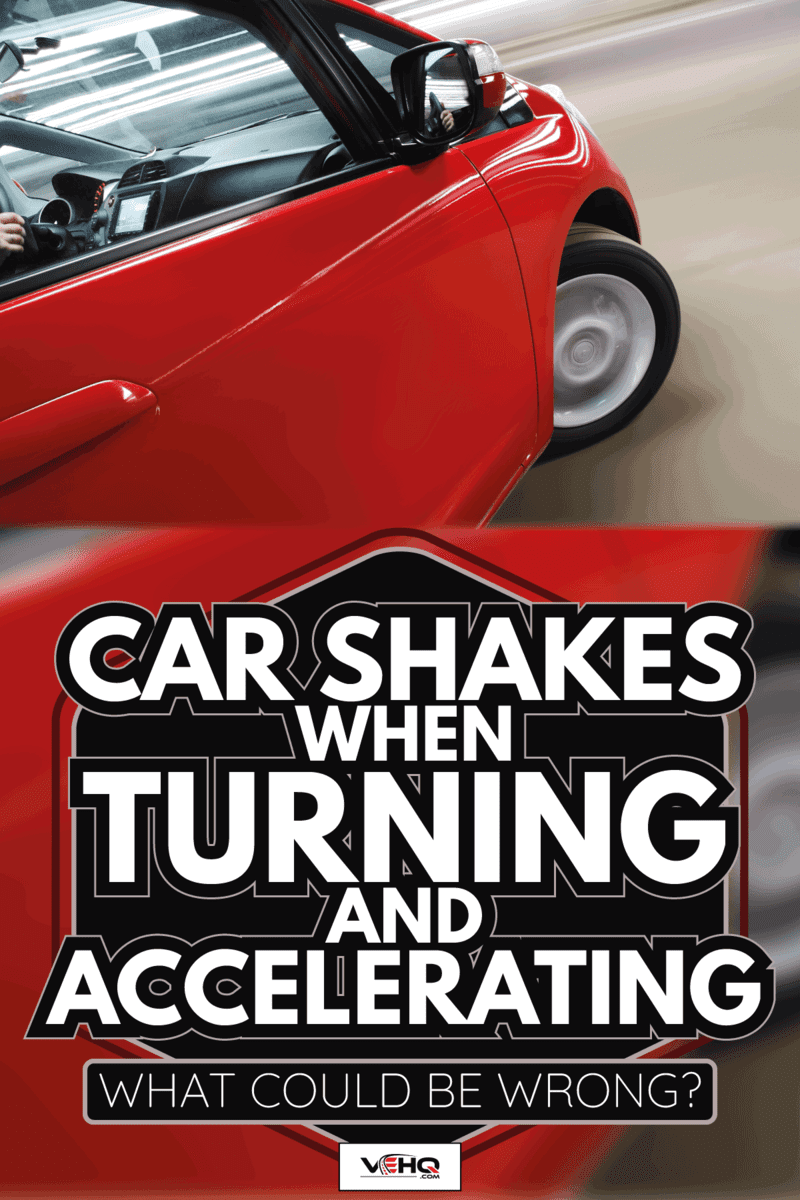
Car Shakes When Turning And Accelerating—What Could Be Wrong?
Car shakes when turning and accelerating can be very frustrating. It doesn't matter if you drive a car, truck, or SUV; the shaking never feels good.
The first question you need to ask is what could be wrong with your car? The following list will give you several possibilities, but the most common problems lead to this shaking.
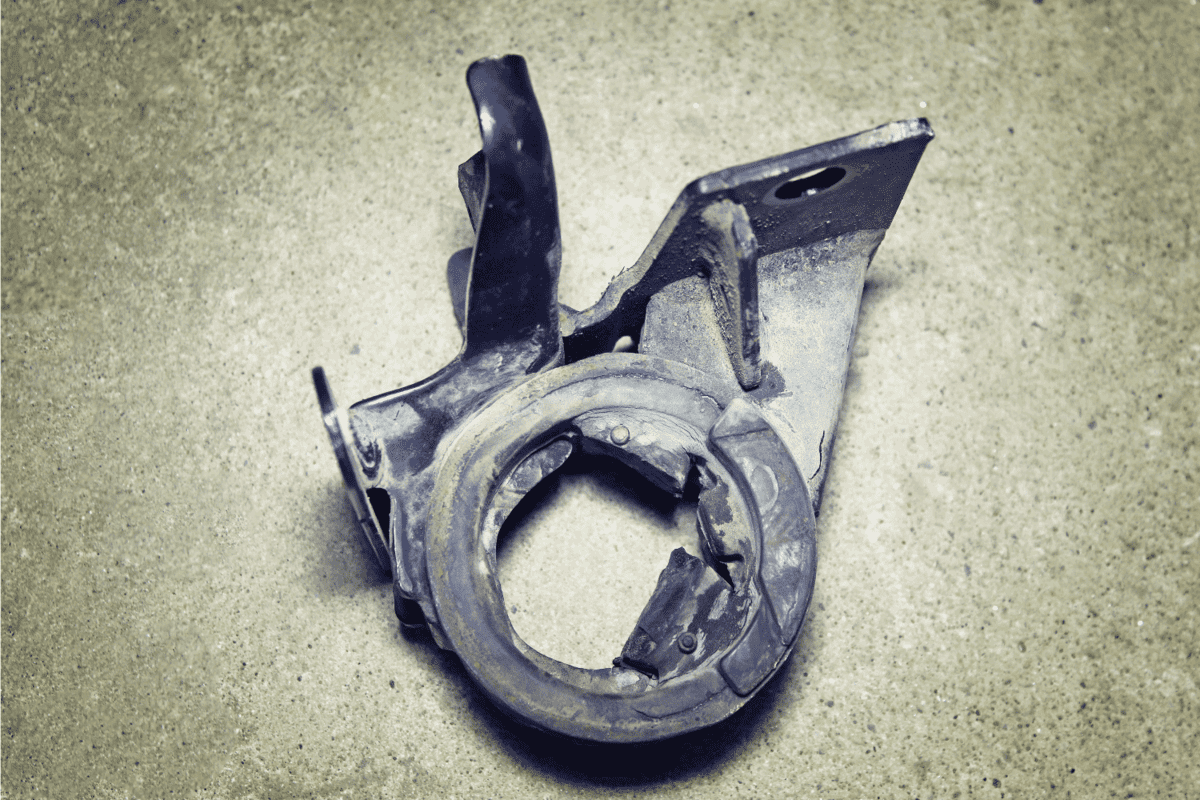
Broken Engine Mounts
One of the most likely causes for your vehicle shaking when turning and accelerating is broken engine mounts. These pieces hold the engine in place, so if worn or damaged, the engine will move around too much. However, many experts do not see this as a significant cause for concern.
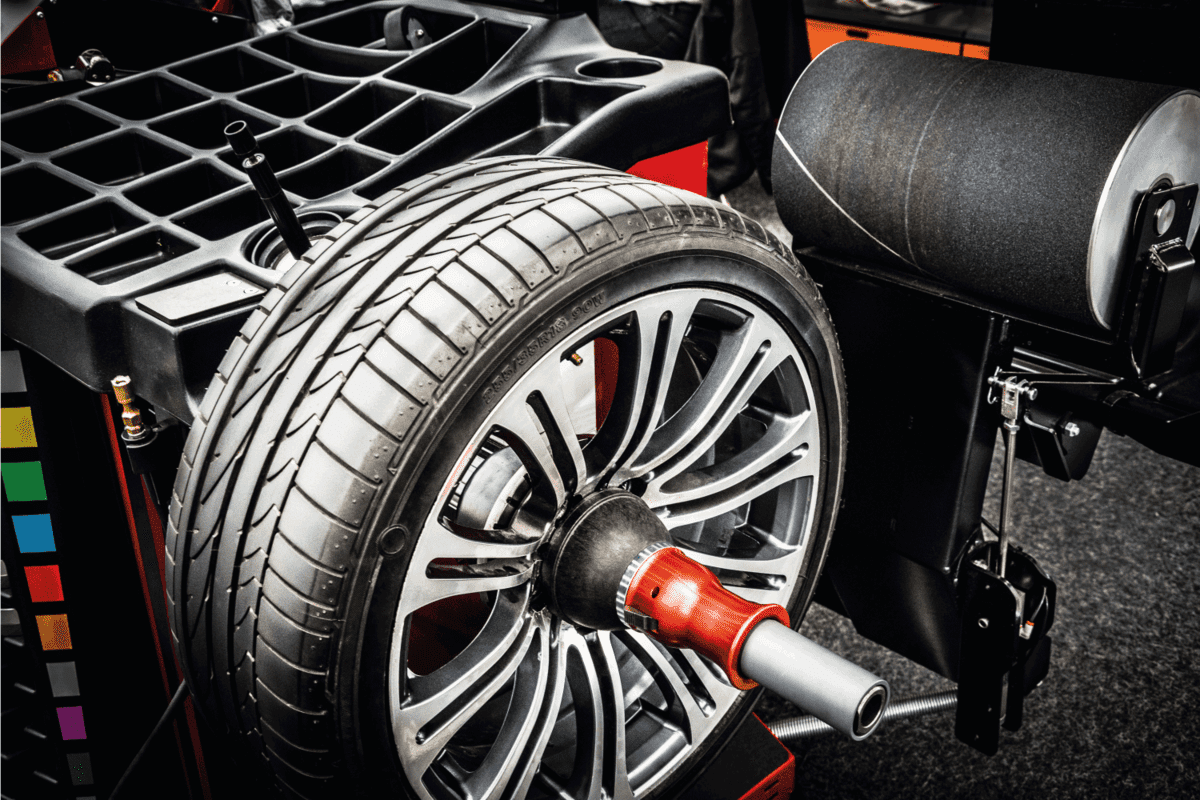
Unbalanced Tires
Another possible issue is unbalanced tires. If your car is pulling to one side or experienced problems with the tires wearing unevenly, then this is likely the reason for your shaking. But, again, you can have a tire shop balance and realign your tires to resolve the issue.
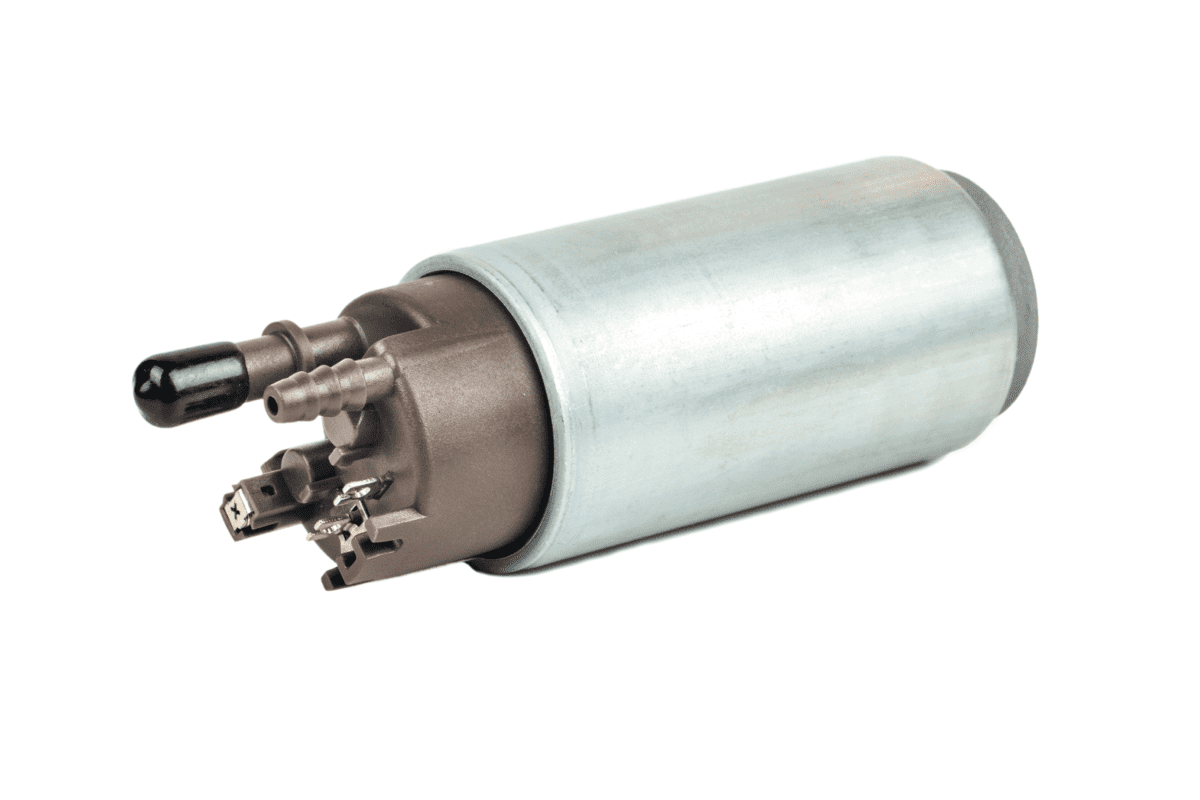
Bad Fuel Pump
A bad fuel pump will cause your car to shake when driving it because of reduced engine power and speed. If you see any problems with the gas mileage or if the engine is slowing down, then it's time to have a look under your hood.
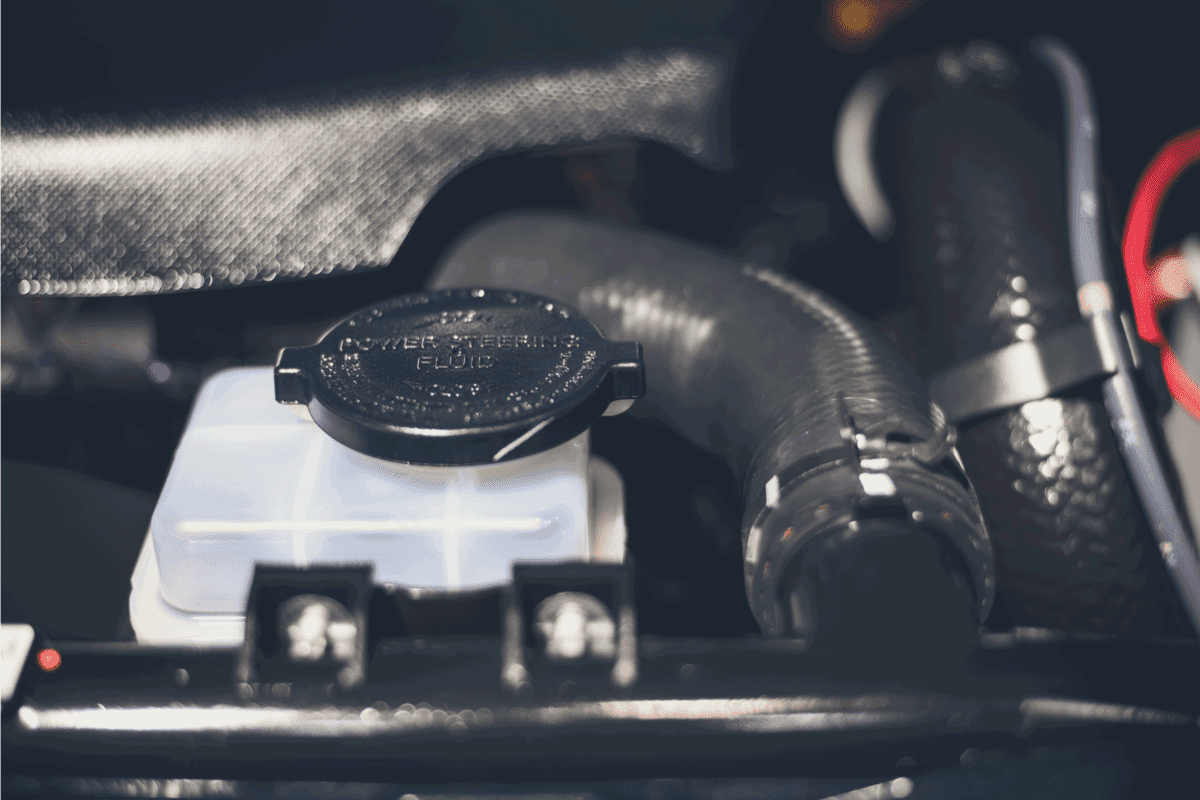
Low Power Steering Fluid
If your car shakes when turning and accelerating, but there are no other issues, this is another possible culprit. The power steering fluid keeps the power steering pump working, so if the fluid is low, this could cause shaking. Again, try topping up the power steering system, and this should help resolve the problem.
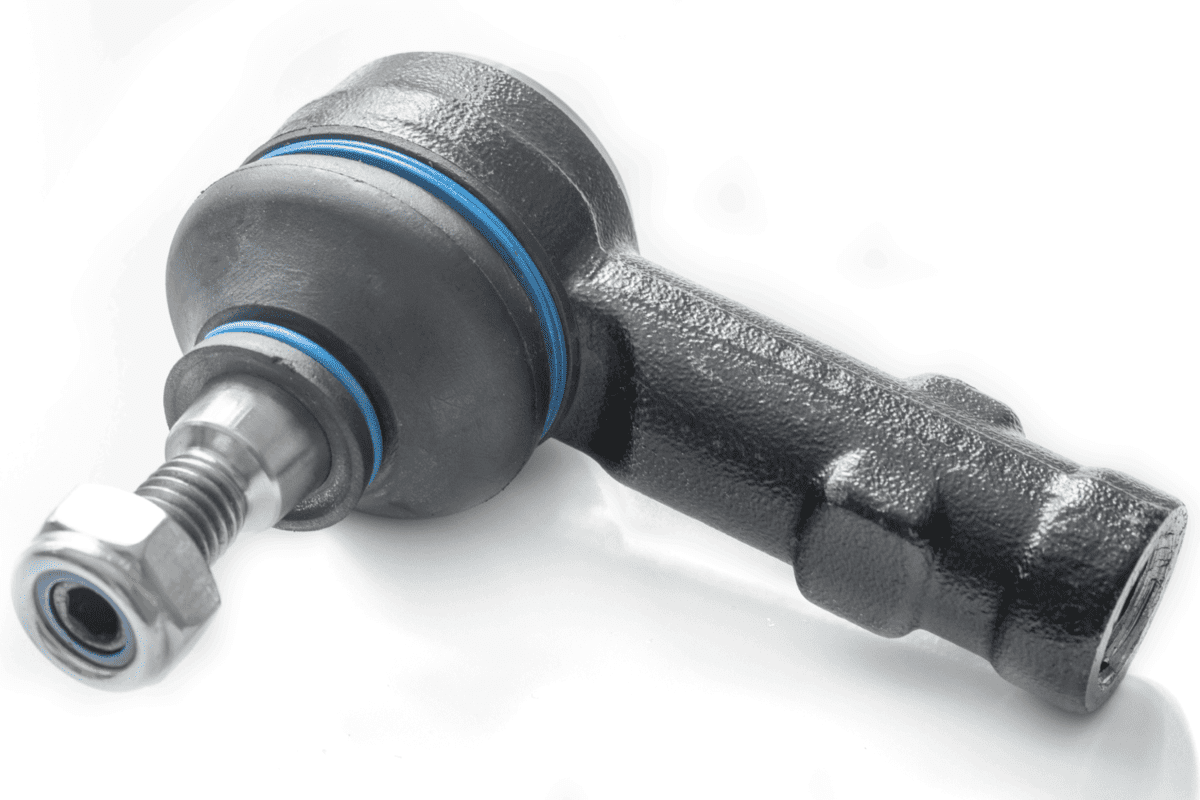
Bad Tie Rod
The tie rod connects one side of your vehicle's suspension to the other side. If it has become worn, damaged, or loose, it will often cause your car to shake when turning. Replacing the tie rod could solve the issue.
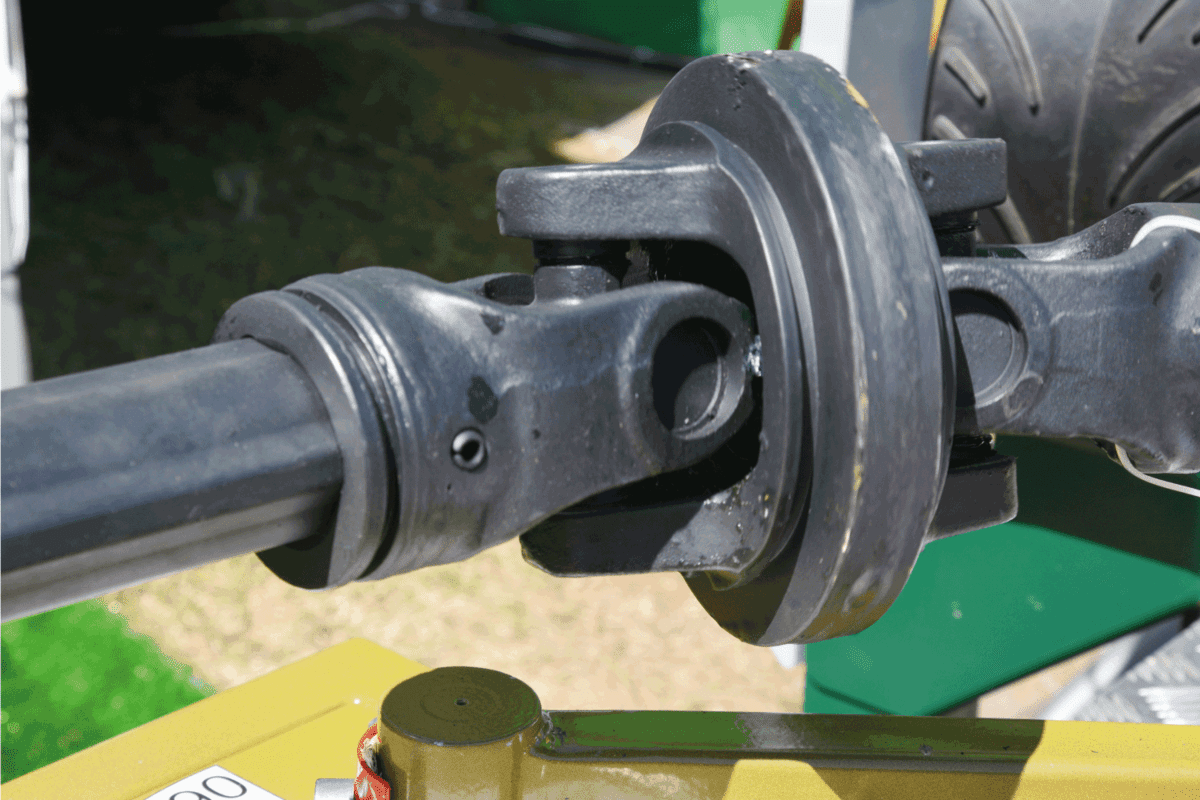
Bent Driveshaft
The driveshaft is attached to the vehicle's transmission, and it sends power from one side of the car to the other. If this part is bent, damaged, or disconnected on one end, it can cause shaking when turning.
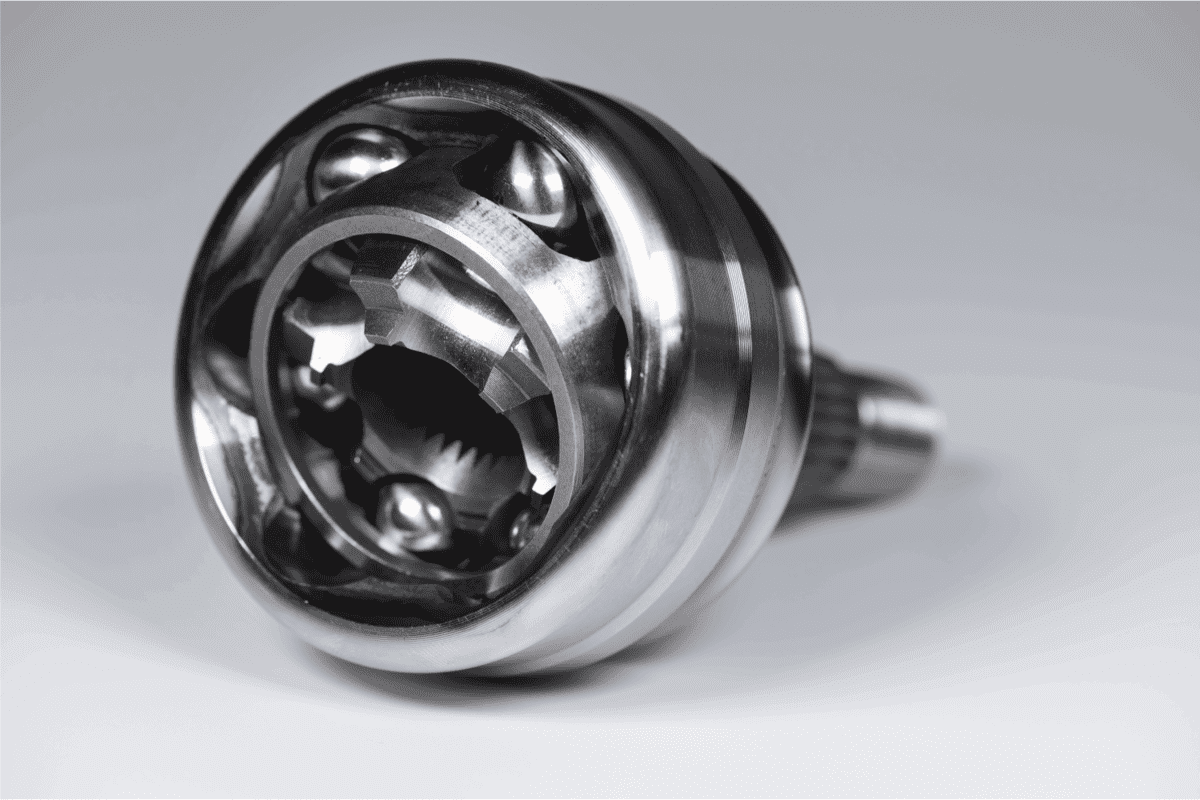
Damage CV Joints
If your car shakes and you notice any damage to the CV joints, this is likely the problem. The CV joints connect the drive shafts to each wheel, and if they don't function properly, your vehicle won't run smoothly.
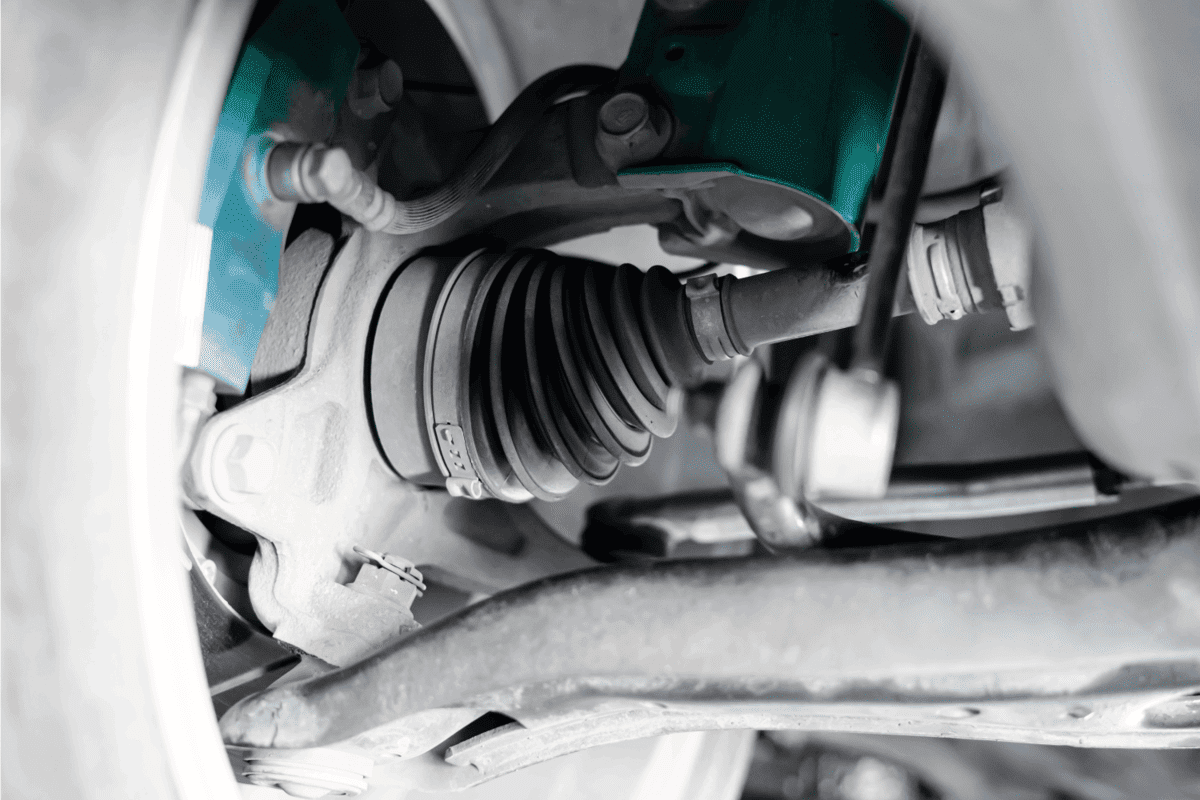
Bent Axle
The axle connects to your vehicle's wheels, so if it has become bent, it could cause the car to shake. It would be best if you left some distance between your car and the one in front of you when driving on a straight road to check this out. If there are gaps on either side or just at one side, then that is a sign that your axle may be bent.
Faulty Vacuum Hose
The vacuum hose works with the other engine parts, so if it is faulty, then this could be causing shaking when accelerating and turning. A quick check should help you determine whether or not you need to replace the faulty hose.
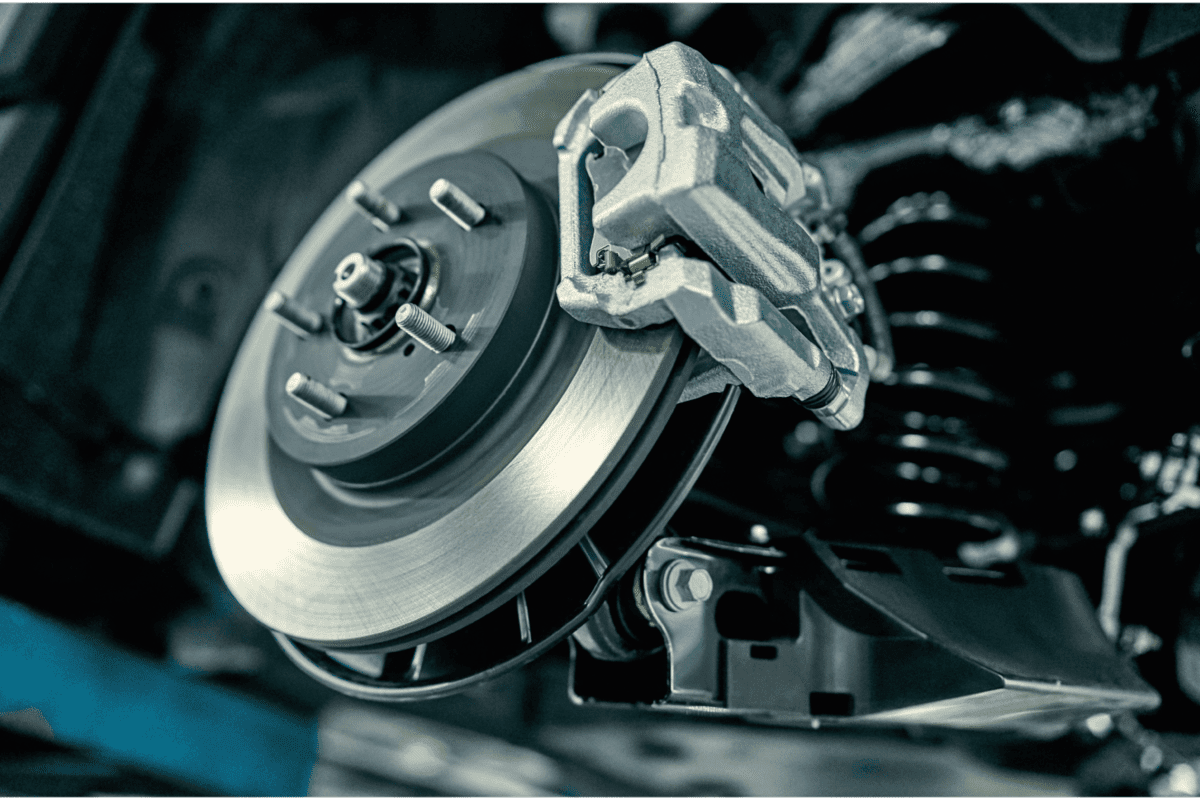
Bad Brake Caliper
The brake calipers connect the brake pads to the rotors. If a caliper is faulty, then this could cause shaking when turning and braking because of a loose part. To fix this problem, you should have your mechanic look at it for you.
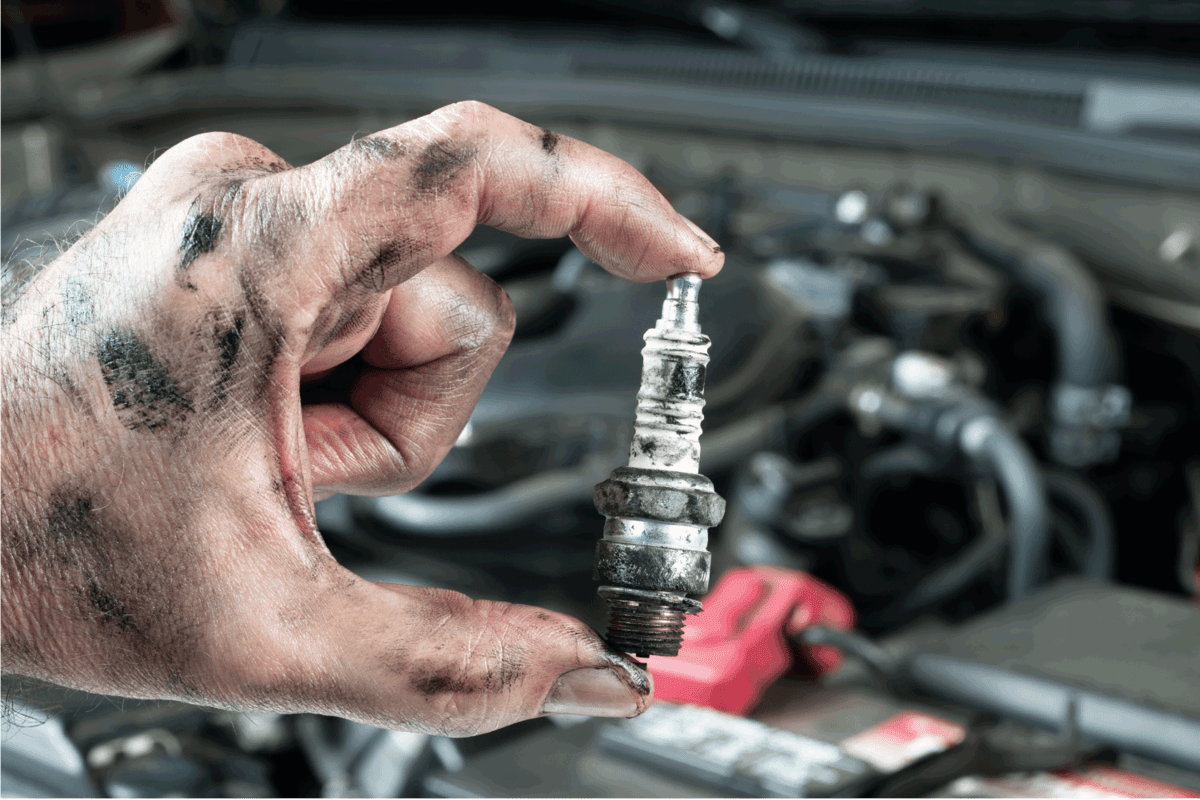
Worn Spark Plugs
The spark plugs work to ignite the gas in the cylinders. So, if they have some wear and tear, this could cause a lack of power and shake.
Broken Transmission Mount
A broken transmission mount will cause the engine to shake. This part holds the vehicle's transmission in place, and if it is faulty, this can cause a shimmy or wobble because of its inability to do so.
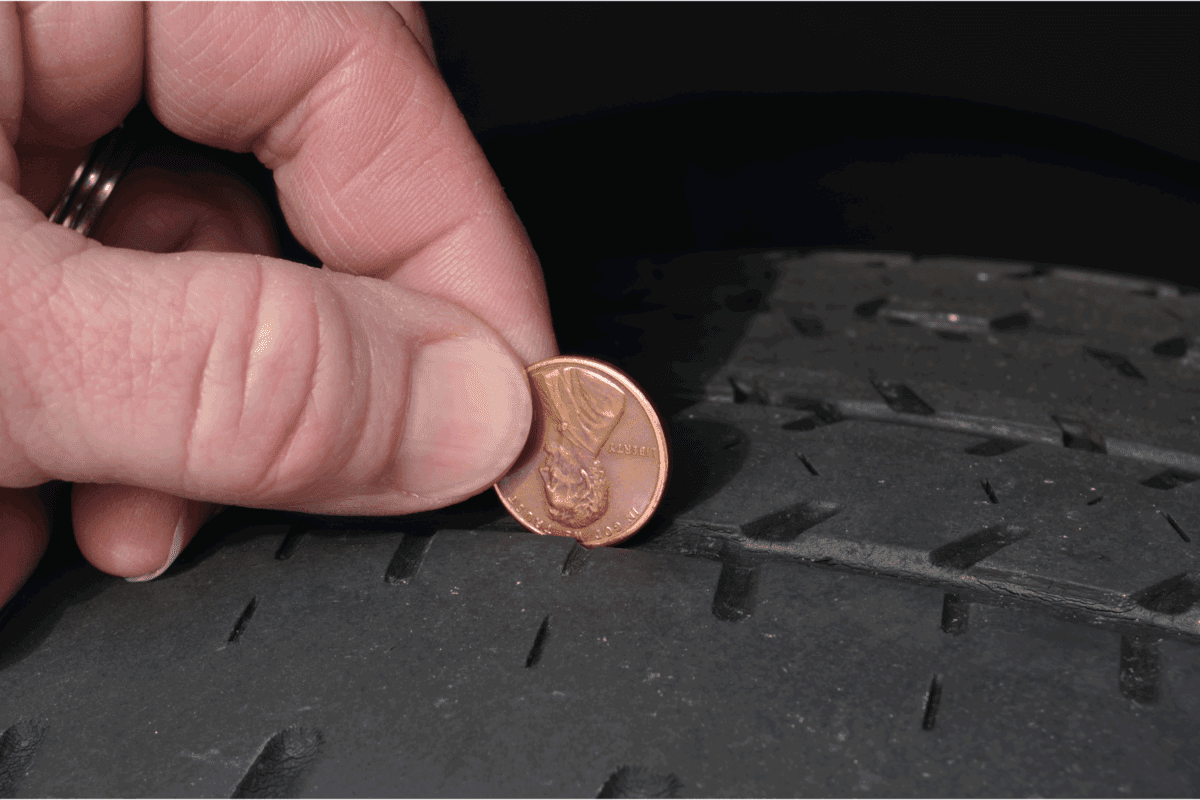
Worn Tires
If your tires are worn or bald, this can cause them to become loose and wobble back and forth on the rims. This causes a car to shake when driving because of the vibrations that occur due to this problem. To fix it, you should have the damaged tire replaced with new ones.
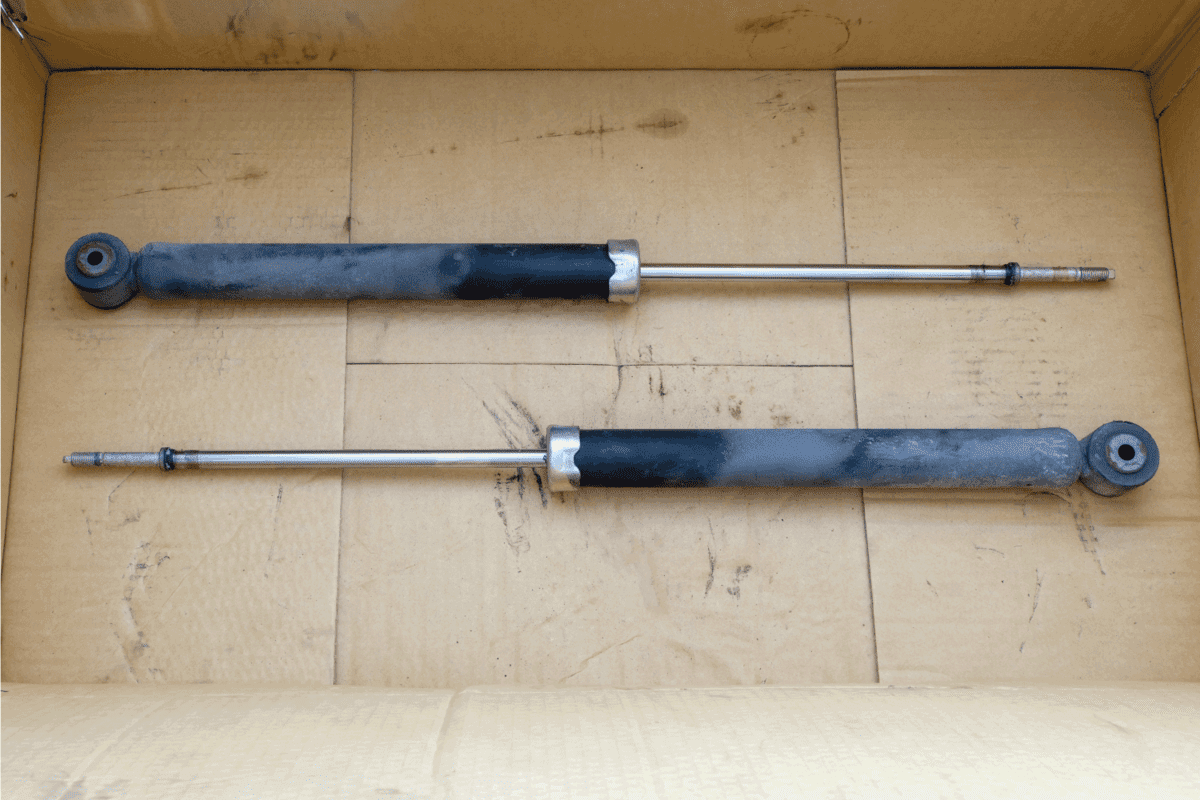
Worn Suspension Shocks
Suspension shocks are what keep your car's springs in place, so if they are damaged or worn out, this could cause the spring of your car to move around. Also, if you hear prolonged squeaking while driving on bumpy roads, then it is likely that the shock needs replacement.
Can a Bad Power Steering Pump Cause Shaking?
A bad power steering pump could cause shaking if there is no fluid in the system. If the power steering fluid is low, it will cause your car to shake, and you can fix this by adding more fluid and having the system checked.
A power steering pump provides the car with hydraulic power. It does this by creating a vacuum that is then used to force fluid through hoses and into the connected mechanisms. A faulty power steering pump will cause a vehicle to have reduced power, and this is because the system struggles to reach the required pressure.
Can a Bad Caliper Cause Vibration?
A broken or faulty brake caliper can cause vibrations in the car because it doesn't hold the pads securely to the rotor. This means that each time you apply your brakes, they aren't applied efficiently, resulting in vibration when braking.
In addition, if your vehicle shakes while driving on straight roads, the problem could be worn or damaged brake rotors. The brake rotor is connected to your vehicle's wheel hub assembly, and if they are broken or heavily worn, this will cause vibrations when braking.
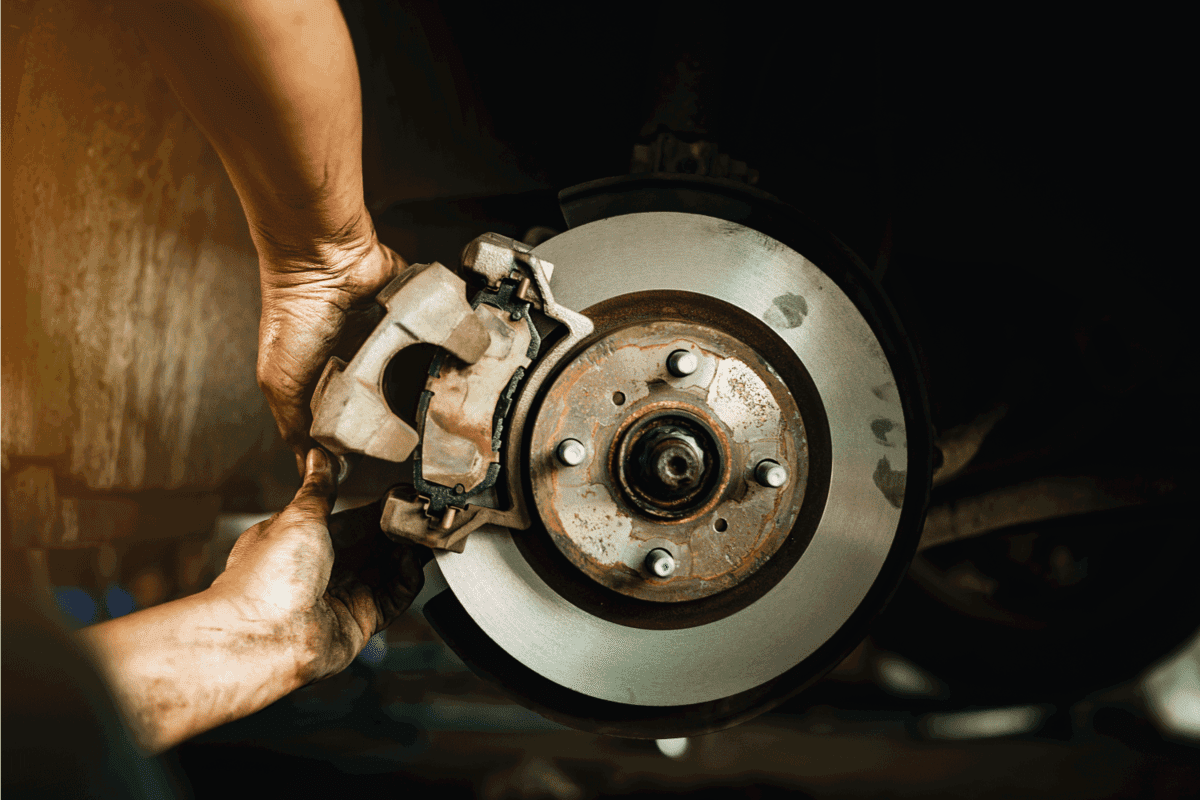
Can Low Transmission Fluid Make your Car Shake?
A low transmission fluid level can cause your car to shake when driving because of the reduced power and speed. If you notice that there is oil on top of the transmission fluid or underneath, then this is usually a sign of a leak. You should have the transmission checked for leaks and then fill it back up with fluid if necessary to fix the problem.
How do I Fix my Shaky Transmission?
The first thing to check when diagnosing a shaky transmission is your vehicle's fluid levels. If any are low, this could cause the car to shake because of reduced power. The best way to determine whether or not your fluid levels are the problem is by having a mechanic check them for you.
Can a Bad Power Steering Belt Cause Shaking?
A faulty power steering belt can cause your car to shake because its control mechanism isn't working. The power steering system works by connecting to the engine's crankshaft pulley and redirecting its energy to make driving easier. A broken power steering belt will affect what the crankshaft pulley does, making this cause the engine to shake.
Can a Bad Throttle Position Sensor make your Car Shake?
A faulty or incorrectly connected throttle position sensor can cause your car to shake as it stops and starts. In addition, a faulty TPS will cause your vehicle to be jerky during acceleration and deceleration, making it seem like you are riding over bumpy surfaces even though the road is smooth.
The throttle position sensor connects to the accelerator pedal, and it sends data to your vehicle's powertrain control module. The TPS tells the engine what speed it needs to be running at for you to take off smoothly.
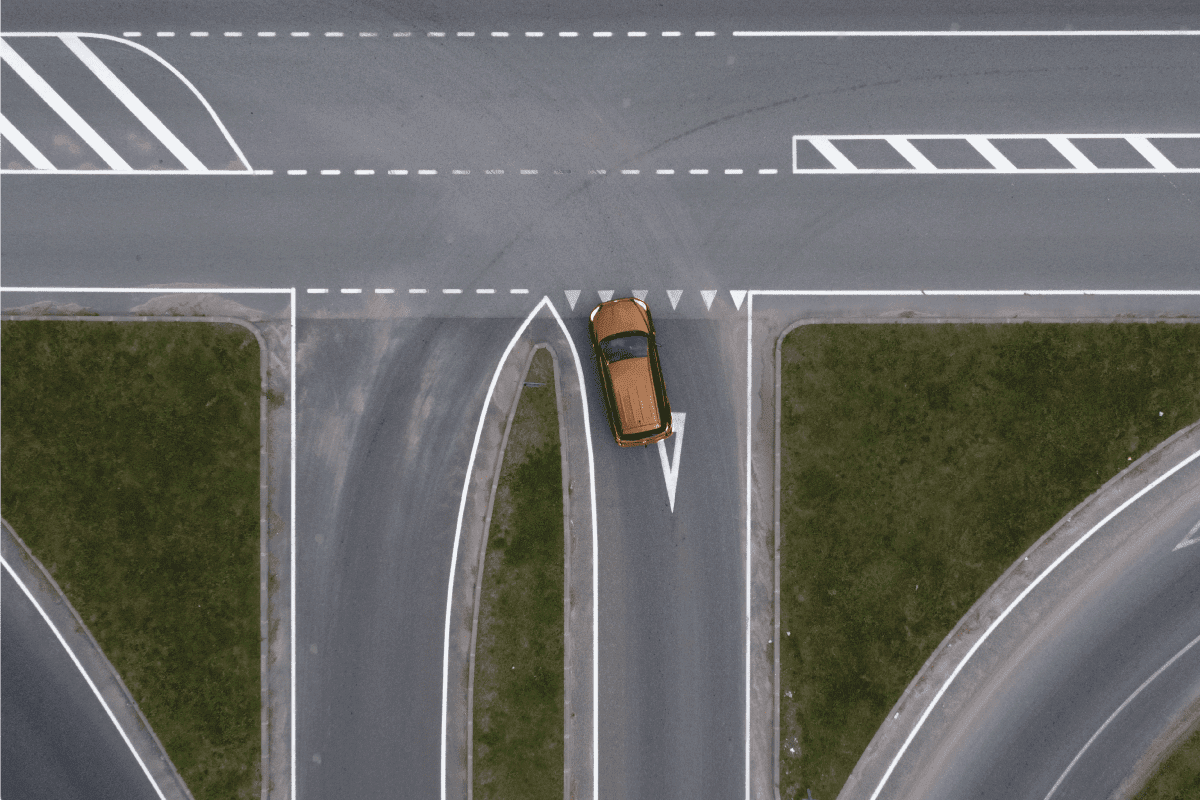
Final Thoughts
Overall, if you are driving and your car is shaking, it is a sign that something is severely wrong. It's not worth risking driving long distances in this circumstance. In this case, the best thing to do is get to a mechanic if one is close. If not, then drive slow until you can reach somewhere safe. It's always better to be safe than sorry when driving with vehicle issues!
For more articles on car issues, check out these articles:
Engine Stopped While Driving – Here's What Could Be Wrong
